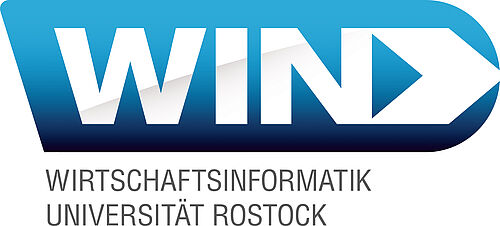On 20 November at 14:00, Nikolas Rödel will defend his Master's thesis on ‘An evaluation of tools for process organisation in the context of public administration’ in room 320 (Konrad-Zuse-Haus). Nikolas is a Master's student on the Business Informatics programme and was supervised by Anne Gutschmidt and Kurt Sandkuhl (both Chair of Business Informatics).
Kurzfassung
In 2017, the German government passed a law that obliged the public administration to offer their administrative services digitally via administrative portals by the end of 2022 This law is called the “Onlinezugangsgesetz”(OZG) and has been one of the most ambitious modernizing projects of the public administration since the existence of the German government. The goal, to have all services available digitally by 2022, was not reached completely, and some services are still being built by companies such as Dataport. There are complex services, such as the plea for Federal support in Education (Bafög), that rely on communication, exchange of data between different administrative institutions, and processes. The most difficult tasks during the digitalization of these analogue services are the connection of subtasks, the automatic trigger of messages to customers and the automation of subtasks. This is what we call process automation; it is the automation of (business) processes using Information technology. The data objects will be orchestrated and automatically handled from process to process. Tools Process Automation Tools are workflow-management-systems that define business-processes in a modeling language such as BPMN 2.0 and provide the opportunity to execute those business-processes directly. The goal of this paper is to determine important criteria for process automation tools to make them usable in a public administration context, and also to figure out which investments and requirements are necessary to justify the use of these tools. Another goal is to evaluate two process automation tools, for example Camunda and another one using a real-life business-process example. The paper will start by showing the state of the research in terms of process automation in the literature, present examples of existing process automation tools on the market and explain their main features. The next part of the paper will contain an interview with at least three domain experts from the company Dataport and the University of Rostock to figure out which criteria are most important subjectively when evaluating process automation tools. These Criteria will be enhanced by and compared to the results from the literature research. The central part of this thesis will provide a practical example of process automation. Two tools will be selected from the pool of possible candidates, based on the criteria mentioned above, to model and automate an example business process. The two tools will then be evaluated based on the criteria from the interviews and literature research. The findings of this thesis may enhance knowledge in this field and serve as decision support for the public administration.

